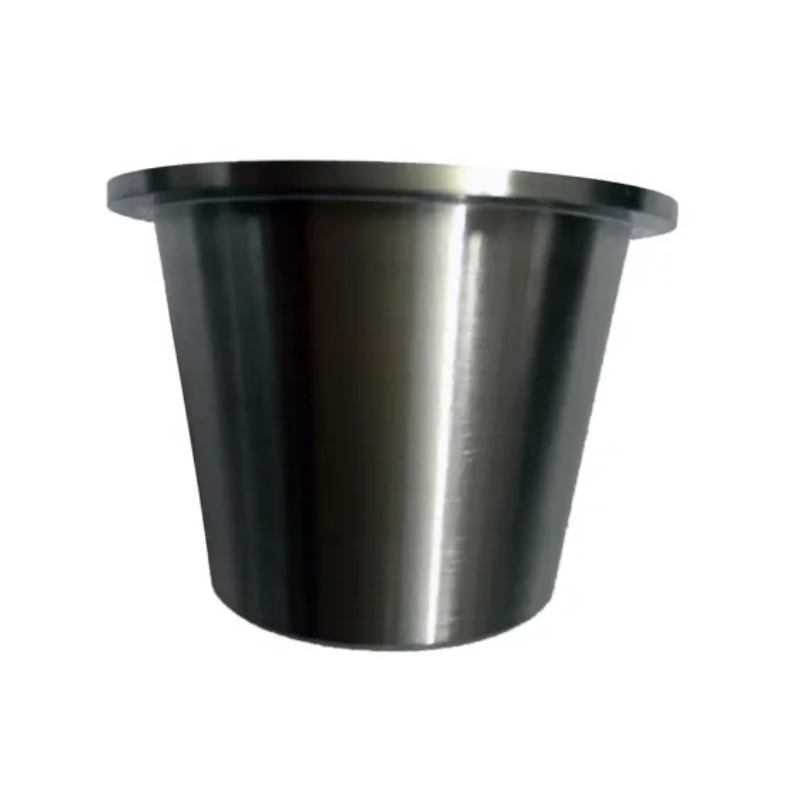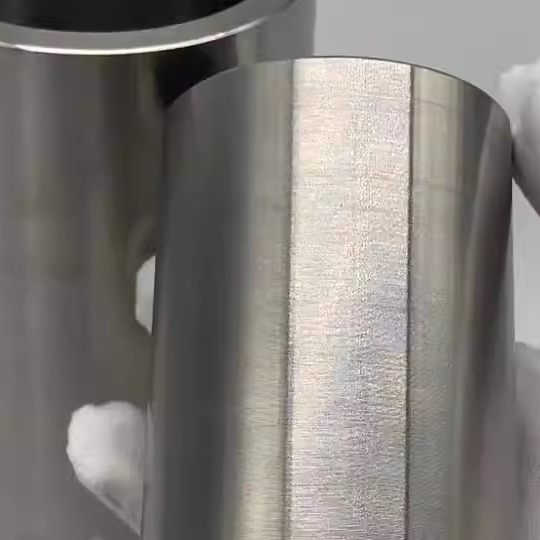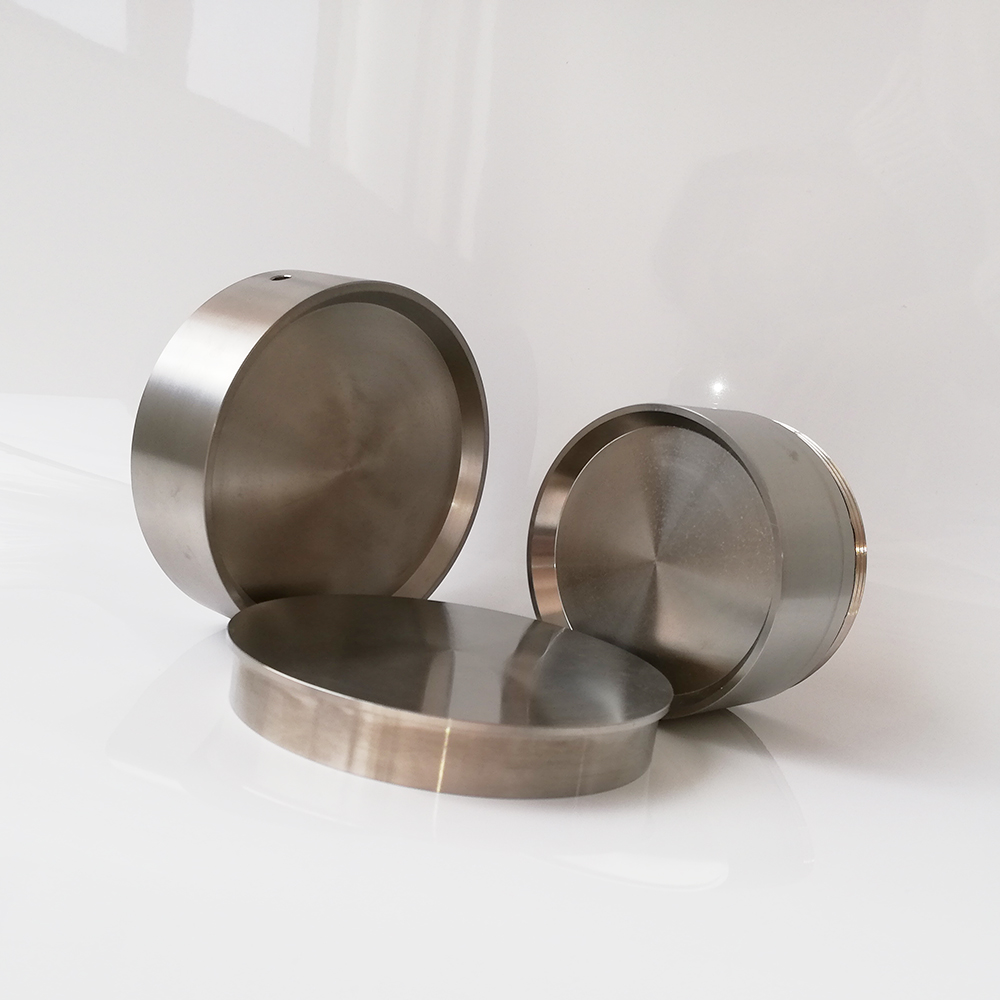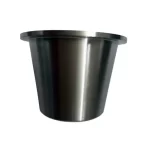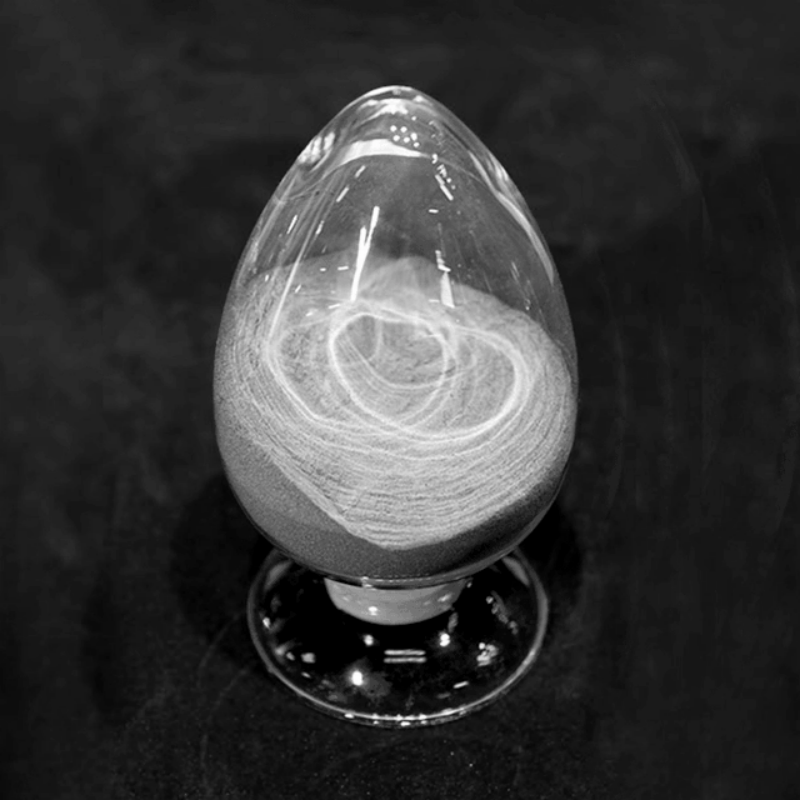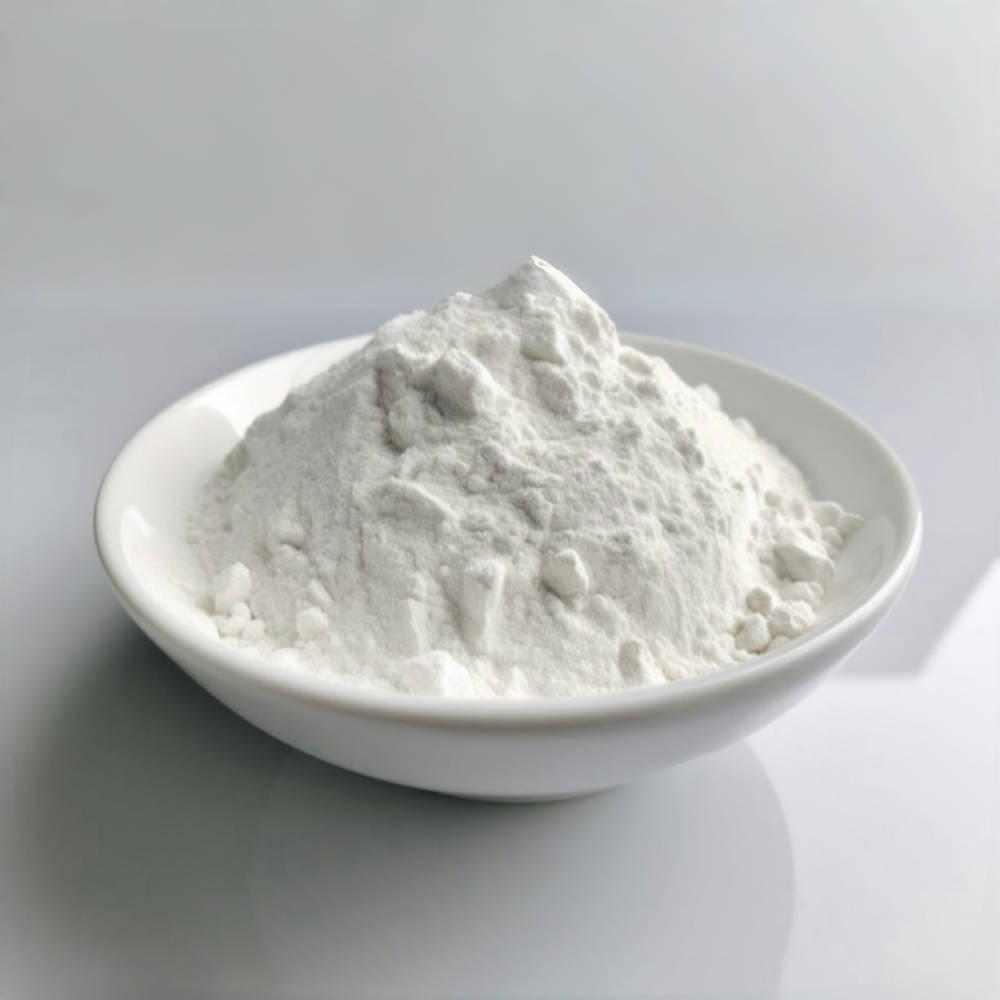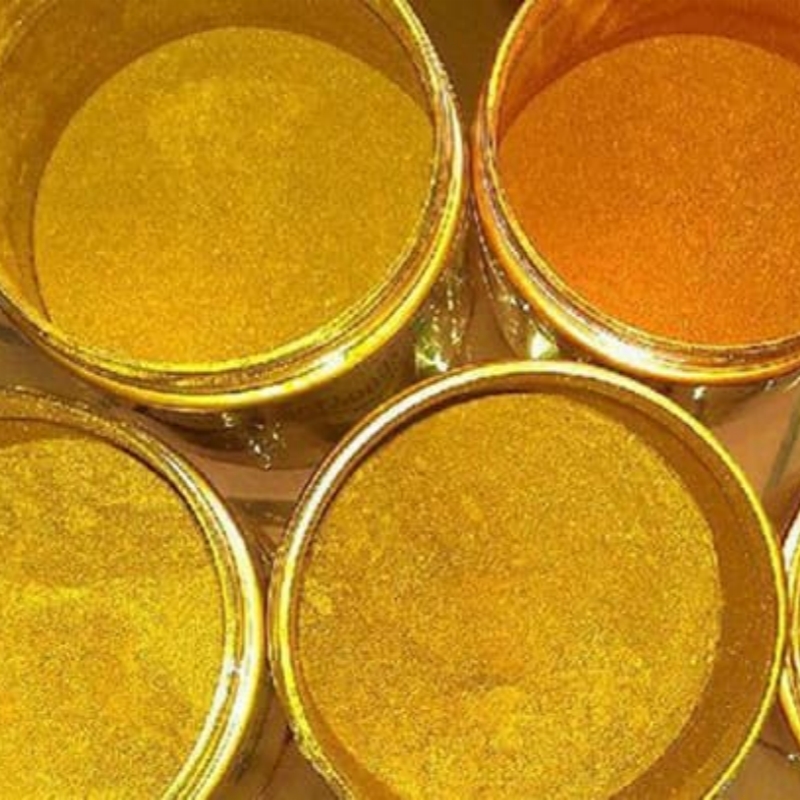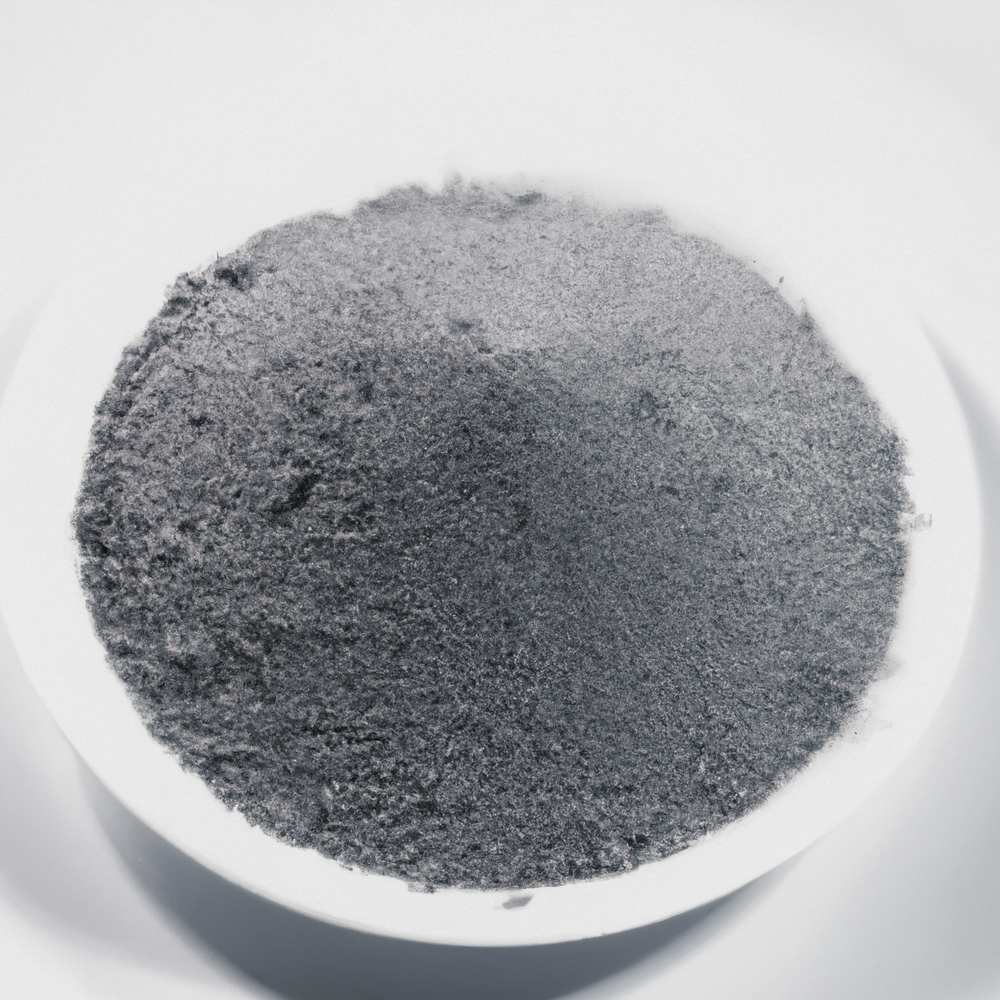Product Overview
High purity titanium crucibles are made from high-quality titanium material, widely used in melting and refining processes under high temperature and corrosive environments in the chemical, metallurgical, and scientific fields. Titanium crucibles, known for their excellent high-temperature resistance, corrosion resistance, and good mechanical properties, are extensively used in high-temperature metallurgy and chemical experiments. The seamless, one-piece construction ensures durability and safety, making them ideal for melting both metallic and non-metallic materials in extreme conditions.
Features
- High-Temperature Resistance: With a melting point of 1669°C, titanium crucibles can withstand extremely high temperatures, making them suitable for the melting of both metals and non-metals.
- Strong Corrosion Resistance: The oxide protective layer formed on the titanium surface provides excellent resistance to strong acids and corrosive environments, ideal for chemical reactions.
- Superior Mechanical Properties: Titanium is lightweight (43% lighter than steel) yet has a mechanical strength nearly equivalent to that of steel, making it ideal for high-strength work environments.
- Seamless Structure: Manufactured using a one-piece forming process, eliminating welding or joining that could potentially reduce strength and stability.
Applications
High purity titanium crucibles are widely used in the following areas:
- Chemical Experiments: Used in the melting and refining of metallic liquids, especially for chemical reactions in high-temperature and corrosive environments.
- Metal Casting and Melting: In metal casting and melting processes, titanium crucibles can stabilize the molten metal, preventing oxidation and contamination.
- Metallurgical Industry: Used in various high-temperature melting tests, ensuring the purity and stability of materials during the smelting process.
- High-Temperature Research: Employed in scientific research as critical equipment for experiments involving high-temperature materials.
 new material
new material

